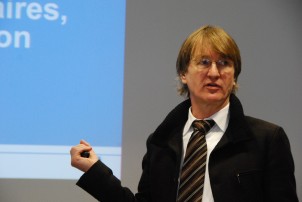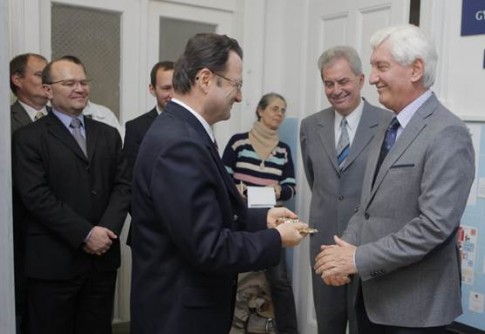I.Family partner opens first prevention centre for children
Health services in many countries across Europe are being placed under increasing pressure by childhood obesity. Now Hungary has taken further steps to tackle the problem by opening its first childhood prevention centre at Pécs University.
The university is an I.Family partner with a research mandate covering metabolic and eating disorders and the prevention of adult diseases in childhood. It also contributes to the cohort studies upon which much of the study’s research is based.
The prevention centre will be responsible for all existing activities to mitigate the epidemic of childhood obesity in the local population and also aims to coordinate and promote the development of a national, uniform approach to tackling the problem.
This will include progressing vocational training, compiling teaching materials and developing health promotion modules and professional initiatives. The centre is supported by respected professional organisations from all over the country, such as the Hungarian Paediatric Association, the Hungarian Children’s Gastroenterology Society, Hungarian Association of Health Visitors and the National Institute of Child Health.
Raising awareness of the childhood obesity epidemic and its consequences will be key to the centre’s work and they hope to launch a pilot project that will later be spread across the whole country.
The centre’s programme will focus on the first thousand days of a child’s life (to age three approximately), as this period has the most impact on both juvenile and adult obesity. ‘Metabolic programming’ during this time determines the number of fat cells in the body. By establishing healthy habits early, the centre aims to reduce the amount of damage done to the body in later life.
Prof. Dénes Molnár, I.Family partner from Pécs, said, “To be selected as the first childhood prevention centre in this region is a huge honour and a reflection of the hard work and dedication of all the researchers and staff. The accreditation will give renewed emphasis to the importance of our work and will further support our role within I.Family, investigating determinants of health in European children.”








